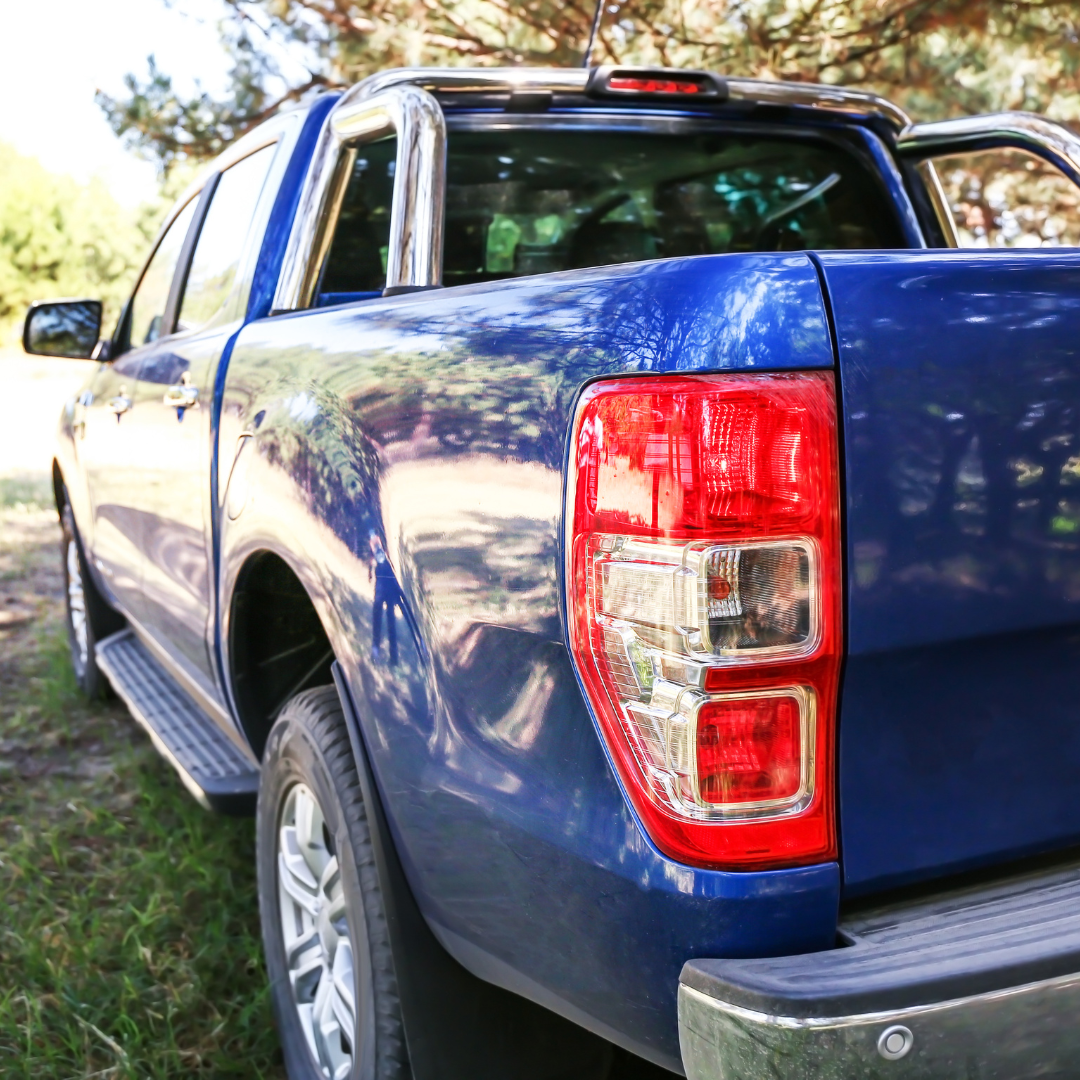Tax Changes for Double Cab Pickups
Find out the changes that are coming in April 2025.

What’s Changing?
- From 1 April 2025 (for limited companies) and 6 April 2025 (for sole traders/partnerships), most double cab pickups will be classified as cars rather than vans for tax purposes.
- This means higher benefit-in-kind (BIK) tax charges for employees and company directors who use these vehicles.
- The VAT treatment remains unchanged - eligibility for input VAT recovery still follows existing VAT rules.
Why the Change?
- A court ruling determined that if a vehicle has no clear predominant use for goods transport, it should be classified as a car for tax purposes.
- Previously, pickups with a 1-tonne+ payload were treated as vans for tax purposes—this rule no longer applies.
Transitional Rules for Existing Vehicles
- If you bought, leased, or ordered a double cab pickup before 1 April (limited companies) / 6 April 2025 (sole traders & partnerships), the old van tax treatment applies until the earlier of:
- Vehicle disposal or trade-in
- Lease expiry
- 5 April 2029
Note ; If a contract was entered into (ordered) before 1 / 6 April 2025, the vehicle must be delivered for use before 31 October 2025 to qualify for the transitional rules.
Examples
- Purchased after 6 April 2025? Taxed as a car, increasing the BIK charge.
- Leased before 6 April 2025? Can retain van tax treatment until 2029 (or lease expiry).
- Ordered before 6 April 2025 but delivered later? Still qualifies for van tax treatment.
- Company director purchases after April 2025? Faces higher personal tax costs and reduced corporation tax relief.
What to Do Now
- Plan vehicle purchases – consider buying before April 2025 to benefit from existing tax rules but bear in mind the transitional rules.
- Review tax implications – higher BIK costs may affect employees and directors.
March 2025


